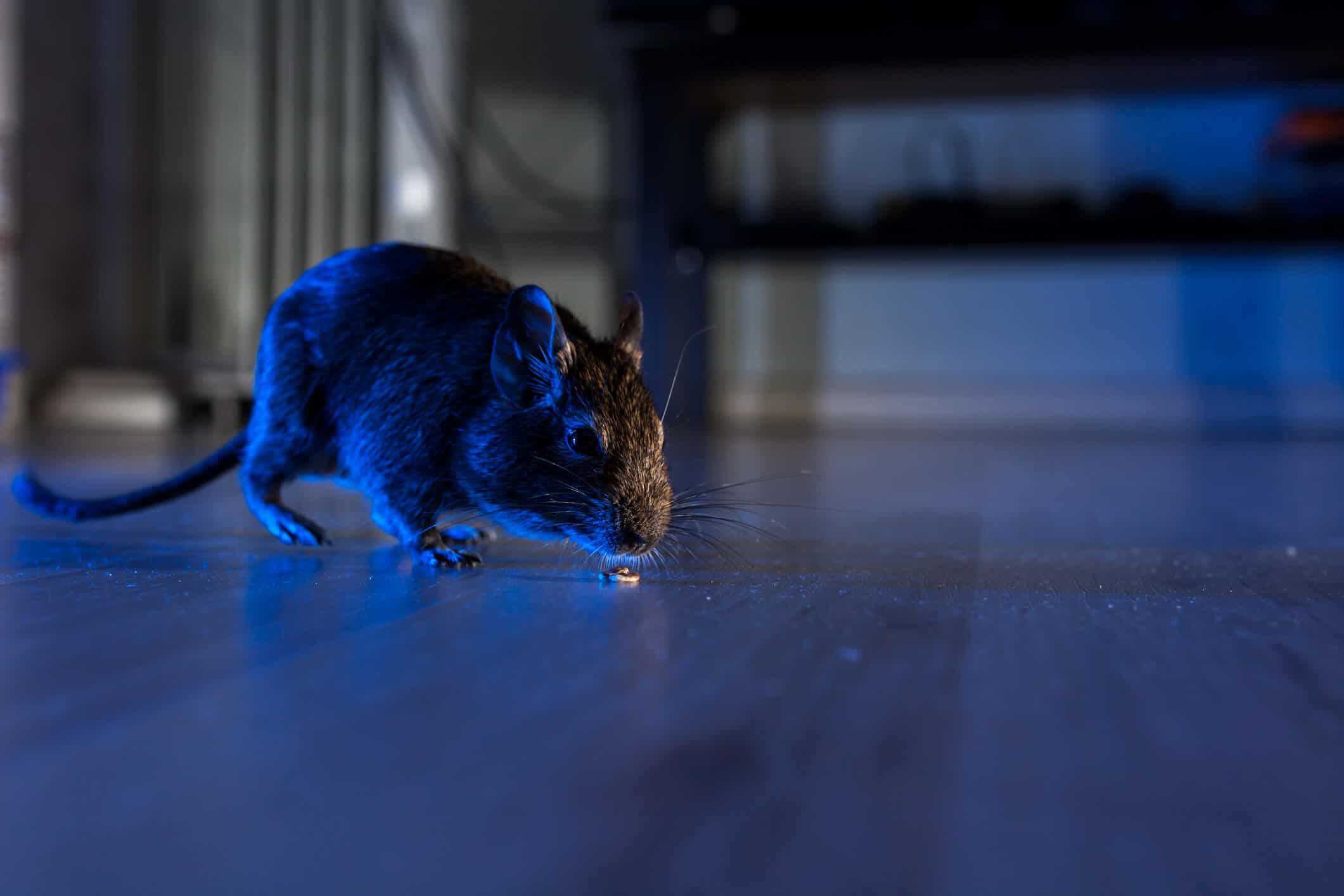

Articles
How To Get Rid Of Rat Smell In The Attic
Modified: October 20, 2024
Learn effective methods and articles on getting rid of rat smell in your attic. Say goodbye to the unpleasant odor with our expert tips and techniques.
(Many of the links in this article redirect to a specific reviewed product. Your purchase of these products through affiliate links helps to generate commission for Storables.com, at no extra cost. Learn more)
Introduction
Dealing with a rat infestation in your attic can be a frustrating and unpleasant experience. Apart from the damage they can cause to your property, rats also leave behind a distinct and lingering odor. The smell of rat urine and droppings can be quite overpowering and can permeate throughout your home if not properly addressed.
In this article, we will guide you on how to get rid of rat smell in the attic. We will explore various methods, from identifying the source of the smell to cleaning and disinfecting the affected areas. By following these steps, you can successfully eliminate the rat smell and restore a fresh and pleasant environment to your attic.
Before we dive into the solutions, let’s first understand why rats leave such a pungent odor in the attic.
Key Takeaways:
- Identifying and removing rat droppings and urine, ventilating the attic, and thorough cleaning and disinfecting are essential steps to effectively eliminate the pungent rat smell in your attic.
- Implementing preventive measures, such as sealing entry points, maintaining cleanliness, and scheduling professional inspections, can help prevent future rat infestations and the associated unpleasant odor.
Read more: How To Get Rid Of Musty Attic Smell
Understanding Rat Smell in the Attic
Rat smell in the attic is primarily caused by their urine and droppings. Rats have a habit of urinating and defecating in specific areas known as latrines. These latrines can be found in hidden spots within the attic, such as behind insulation, in wall cavities, or in ceiling voids.
Rat urine is a potent odor source as it contains ammonia, which is responsible for the strong and unpleasant smell. Over time, the urine can seep into the surrounding materials, making it challenging to eliminate the odor completely. Rat droppings also contribute to the smell, as they contain pheromones that act as chemical signals to other rats and attract them to the area.
It’s important to note that the intensity of the rat smell can vary depending on the severity of the infestation and the time that has elapsed since the rats were active in the attic. A strong, persistent smell indicates a significant rat presence and may require more thorough cleaning and odor removal techniques.
Now that we have a basic understanding of why the rat smell occurs in the attic, let’s move on to assessing the severity of the smell.
Assessing the Severity of Rat Smell
Before you begin tackling the rat smell in your attic, it’s essential to assess the severity of the odor. This will help you determine the extent of the infestation and choose the appropriate methods for odor removal.
The first step is to locate the areas where the smell is the strongest. Walk around your attic and pay attention to any specific spots that emit a strong odor. These areas are likely to be where the rats have built their latrines or nesting sites.
Next, try to pinpoint the source of the smell. Look for signs of rat activity, such as rat droppings, gnaw marks, or damaged insulation. If you come across any dead rats, remove them promptly as they can contribute to the odor.
Consider the duration of the rat infestation. The longer the rats have been present in your attic, the more entrenched the smell is likely to be. If the smell has been lingering for a while, it may require more extensive cleaning and odor removal efforts.
Take note of any health symptoms you or your family members may be experiencing. A strong, persistent rat smell can have adverse health effects, such as respiratory issues or allergic reactions. If you or your loved ones are experiencing such symptoms, it is crucial to take immediate action to eliminate the smell and address the underlying rat infestation.
Once you have assessed the severity of the rat smell, you can proceed to identify the source of the odor in your attic.
Identifying the Source of Rat Smell in the Attic
Identifying the source of the rat smell in your attic is crucial for effective odor removal. By pinpointing the areas where the rats have left behind urine, droppings, or nesting material, you can focus your cleaning and odor elimination efforts.
Start by thoroughly inspecting the attic for signs of rat activity. Look for droppings, piles of nesting material, and gnaw marks on insulation, wiring, or wood surfaces. The areas where you detect a strong odor are likely to be the primary locations where the rats have concentrated their activities.
Pay close attention to hidden or hard-to-reach areas such as corners, gaps in the insulation, and behind stored items. Rats tend to prefer secluded spots for nesting and creating latrines. Additionally, check for any access points or openings that rats may have used to enter your attic, as these areas may have higher concentrations of the rat smell.
Once you have identified the areas where the rat smell is most prominent, mark them for further cleaning and odor removal.
It’s important to wear protective gear, such as gloves and a mask, when investigating and handling rat-infested areas. Rat droppings and urine can carry pathogens and pose health risks, so taking necessary precautions is essential.
If you are having difficulty locating the exact source of the rat smell or if you suspect a significant rat infestation beyond your attic, it is recommended to consult with a professional pest control service. They have the expertise and tools to accurately assess the extent of the infestation and provide effective solutions for odor removal.
With the source of the rat smell identified, it’s time to move on to the next step: removing the rat droppings and urine.
Removing Rat Droppings and Urine
Removing rat droppings and urine is a crucial step in eliminating the offensive smell from your attic. Not only will it help get rid of the odor, but it will also reduce the risk of potential health hazards associated with rat waste.
Before you begin the cleaning process, make sure to wear protective gear, including gloves, a mask, and goggles, to prevent direct contact with the droppings and urine.
Start by carefully removing any visible droppings using a damp cloth or paper towel. Gently scoop them up and place them in a sealed plastic bag. Avoid sweeping or vacuuming as it can disperse the particles into the air.
If you encounter urine stains on surfaces, use a mixture of equal parts water and white vinegar to clean the area. Apply the solution to a clean cloth and gently blot the urine stains. Vinegar helps to neutralize the odor and disinfect the affected area.
For more stubborn or hard-to-reach areas, you may need to dismantle or move insulation, boards, or other materials. Take caution when doing this to avoid disturbing any nesting sites or causing further damage to your attic.
Dispose of the sealed bags containing the droppings in an outdoor trash bin. Make sure to wash your hands thoroughly after handling the waste to prevent the spread of any potential diseases.
After removing the visible droppings and cleaning the urine stains, it’s essential to sanitize the affected areas to eliminate any remaining odor-causing bacteria.
Note: If you feel unsure or uncomfortable about handling the rat droppings and urine yourself, it is highly recommended to seek professional assistance from a rat removal service.
Once you have removed the droppings and urine, the next step is to ventilate the attic to improve air circulation and further reduce the residual smell.
Ventilating the Attic
Ventilating the attic is an essential step in eliminating the rat smell and improving the overall air quality. Proper ventilation helps to remove stagnant air, reduce moisture levels, and circulate fresh air throughout the space.
Here are some effective ways to ventilate your attic:
- Open windows and doors: If your attic has windows or doors, open them to allow fresh air to flow in. This will help to flush out the stale air and reduce the concentration of lingering odors.
- Install attic vents: Attic vents play a crucial role in promoting air circulation. They allow fresh air to enter while allowing warm, moist air to escape. Install vents strategically in your attic to facilitate the airflow and help eliminate the rat smell.
- Consider using exhaust fans: If your attic lacks windows or has limited ventilation options, consider installing an exhaust fan. A properly sized and positioned exhaust fan can effectively remove stale air and properly ventilate the attic.
- Use natural ventilation techniques: Utilize natural ventilation techniques such as ridge vents, soffit vents, or gable vents. These vents work together to create a natural airflow, drawing fresh air in from the soffit vents and expelling stale air out through the ridge or gable vents.
Make sure to leave the attic ventilated for an extended period to allow for maximum air exchange. This will help in reducing the rat smell and improving the overall air quality.
Now that your attic is well-ventilated, it’s time to move on to the next step: cleaning and disinfecting the attic to further eliminate the rat smell.
To get rid of rat smell in the attic, start by removing any dead rats and cleaning up their droppings. Then, use a mixture of water and vinegar to clean the affected areas, and consider using an odor neutralizer or deodorizer to eliminate any lingering smells. Finally, seal up any entry points to prevent future infestations.
Cleaning and Disinfecting the Attic
Once you have removed the rat droppings, urine, and improved the ventilation in your attic, the next step is to thoroughly clean and disinfect the area. This will help eliminate any remaining odor-causing bacteria and ensure a fresh and hygienic environment.
Follow these steps to effectively clean and disinfect your attic:
- Remove any remaining debris: Clear out any remaining debris, such as nesting material, dead rats, or damaged insulation. Use gloves and a mask for protection and dispose of the waste properly.
- Vacuum the area: Use a high-powered vacuum with a HEPA filter to remove any loose particles, dust, or residual droppings. Pay special attention to corners, cracks, and crevices where the odor may be trapped.
- Wipe down surfaces: Use a mild detergent or disinfectant solution to clean all accessible surfaces in the attic. This includes walls, floors, beams, and any other areas where rat activity may have occurred. Be thorough and ensure you cover all the nooks and crannies.
- Focus on odor-prone areas: Place extra emphasis on cleaning areas that are prone to holding odor, such as corners, behind insulation, and around access points. These areas may require more intensive cleaning and deodorizing efforts.
- Disinfect with a suitable solution: After cleaning, disinfect the attic using a suitable solution. You can use a commercial disinfectant or create a mixture of bleach and water (1 part bleach to 10 parts water). Apply the solution to the surfaces and allow it to sit for a few minutes before wiping it off.
- Allow the attic to dry: Ensure the attic is thoroughly dry before closing it off. Use fans or dehumidifiers to expedite the drying process and prevent any moisture from lingering, as this can contribute to mold growth and odors.
By following these cleaning and disinfecting steps, you can significantly reduce the rat smell and create a clean, fresh, and odor-free attic space.
While natural remedies can be effective in eliminating the rat smell, sometimes professional assistance may be necessary, especially for severe infestations or persistent odors.
In the next section, we will explore some natural remedies that can further help in eliminating rat smell from your attic.
Using Natural Remedies to Eliminate Rat Smell
If you prefer to use natural remedies to eliminate rat smell in your attic, there are several effective options available. These remedies are not only safe but also environmentally friendly. Here are some natural remedies you can try:
- Baking Soda: Baking soda is known for its odor-absorbing properties. Sprinkle baking soda generously over the affected areas in your attic and let it sit for a few hours or overnight. Then, vacuum or sweep up the baking soda to remove any absorbed odors.
- Vinegar: Vinegar is a versatile natural disinfectant and deodorizer. Mix equal parts of white vinegar and water in a spray bottle and mist the affected areas of the attic. The vinegar will neutralize the odor-causing bacteria and freshen the air. Allow it to air dry.
- Lemon Juice: Lemon juice has natural antibacterial properties and leaves a pleasant citrus scent. Squeeze fresh lemon juice into a spray bottle and dilute it with water. Spray the solution onto the affected areas and let it sit for some time before wiping it clean. The lemon juice will help neutralize the rat smell.
- Activated Charcoal: Activated charcoal is highly porous and known for its ability to absorb odors. Place bowls of activated charcoal in the attic, focusing on areas with the strongest odor. Leave them for a few days to help absorb and neutralize the rat smell.
- Coffee Grounds: Coffee grounds are another natural odor absorber. Place bowls of fresh coffee grounds strategically around the attic to help absorb the unpleasant smell. Replace the coffee grounds as needed until the odor is eliminated.
- Essential Oils: Essential oils have natural deodorizing properties and can help mask the rat smell in your attic. Add a few drops of essential oils such as lavender, peppermint, or eucalyptus to a spray bottle filled with water and mist the affected areas. The pleasant aroma of the essential oils will help freshen the air.
Remember, natural remedies may take some time to fully eliminate the rat smell, and results may vary based on the severity of the infestation. It is also important to note that these remedies may need to be reapplied periodically to maintain their effectiveness.
If the rat smell persists or the infestation is severe, it is recommended to consult with a professional rat smell removal service for more advanced and targeted solutions.
Now that you have considered natural remedies, let’s discuss when it may be necessary to seek professional rat smell removal services.
Hiring Professional Rat Smell Removal Services
In some cases, hiring professional rat smell removal services may be necessary to effectively and safely eliminate the strong odor in your attic. Professional services have the expertise, specialized equipment, and knowledge to tackle severe rat infestations and persistent smells. Here are some reasons why you may consider hiring professionals:
- Severe Infestation: If you are dealing with a severe rat infestation in your attic, it may be challenging to eliminate the smell on your own. Professional rat smell removal services have the experience and tools to handle extensive infestations, ensuring thorough sanitation and odor removal.
- Health Risks: Rat droppings and urine can carry harmful bacteria, viruses, and parasites, posing health risks to you and your family members. Professional services are trained in dealing with hazardous waste, minimizing the potential health hazards associated with rat-infested areas.
- Odor Neutralization Techniques: Professional rat smell removal services employ specialized techniques and products to neutralize the odors effectively. They have access to professional-grade deodorizers and ozone treatments that can effectively eliminate even the most stubborn smells.
- Thorough Cleaning and Restoration: Professional services can provide a comprehensive cleaning and restoration service for your attic. They will not only remove the rat droppings and urine but also address any damage caused by the infestation. This includes replacing insulation, repairing structural damage, and ensuring proper ventilation.
- Prevention Strategies: Professionals can also provide advice and implement preventive measures to avoid future rat infestations. This may include sealing entry points, setting traps, and implementing sanitation protocols to minimize the risk of future odor problems.
When considering professional rat smell removal services, it is essential to research and choose reputable and licensed service providers. Seek recommendations from trusted sources, read reviews, and inquire about their methods and guarantees for effective odor removal.
Investing in professional services may require a financial commitment, but it can save you time, effort, and potential health risks associated with handling rat-infested areas yourself.
Now that you are aware of professional services, let’s explore preventive measures to avoid future rat infestations in your attic.
Read more: How To Get Rid Of Rats In The Garden
Preventing Future Rat Infestations in the Attic
Preventing future rat infestations in your attic is crucial to avoid the recurrence of the offensive smell and potential damage to your property. Here are some preventive measures you can take to keep rats away:
- Seal Entry Points: Inspect your attic and seal any potential entry points that rats may use to gain access. Pay attention to gaps in windows, doors, vents, and any openings in the structure. Use materials such as steel wool or caulk to ensure a tight seal.
- Remove Food Sources: Rats are attracted to easily accessible food sources. Keep your attic and surrounding areas clean and free of food debris. Store food in airtight containers and dispose of garbage properly, ensuring bins are secure and not easily accessible to rats.
- Maintain Proper Ventilation: Ensure your attic has proper ventilation to discourage rats from taking up residence. Good airflow and proper insulation can help maintain a dry and less appealing environment for rodents.
- Trim Vegetation: Trim tree branches and shrubs near your home, as they can provide rats with easy access to your attic. Keep a clear space between vegetation and your home to minimize potential entry points.
- Inspect and Maintain Roof: Regularly inspect your roof for signs of damage, such as loose tiles or gaps. Repair any issues promptly to prevent rats from entering through the roof.
- Consider Rat Repellents: There are various rat repellents available, including ultrasonic devices, natural deterrents like peppermint oil or mothballs, or electronic traps. Research products carefully and choose the ones that are safe and effective for your specific situation.
- Maintain Clean Surroundings: A clean and clutter-free attic leaves fewer hiding spots for rats. Regularly clean and organize your attic, removing any unnecessary clutter or nesting materials that can attract rodents.
- Professional Inspections: Schedule regular inspections by professional pest control services to identify and address any early signs of rat activity in your attic. They can provide advice on preventive measures specific to your property and location.
By implementing these preventive measures, you can significantly reduce the risk of future rat infestations in your attic and minimize the chances of experiencing the unpleasant rat smell again.
Now that you are equipped with strategies to prevent future infestations, let’s summarize the key points discussed in this article.
Conclusion
Dealing with rat smell in the attic can be a challenging and unpleasant experience. Understanding the source of the odor, assessing its severity, and taking appropriate steps is essential for effective odor removal. By following the steps outlined in this article, you can successfully eliminate rat smell and restore a fresh and pleasant environment to your attic.
Begin by identifying the areas where the rat smell is the strongest, indicating the presence of rat urine and droppings. Carefully remove the droppings and clean the affected areas using appropriate cleaning agents. Ensure proper ventilation in the attic to improve airflow and help dissipate the smell.
If you prefer natural remedies, options such as baking soda, vinegar, lemon juice, and activated charcoal can aid in odor elimination. However, for severe infestations or persistent odors, it may be necessary to hire professional rat smell removal services. These professionals have the expertise and tools to effectively eliminate odors, clean and disinfect the attic, and provide preventive measures to avoid future infestations.
Additionally, taking preventive measures such as sealing entry points, maintaining cleanliness, and ensuring proper ventilation can help prevent future rat infestations.
Remember, when dealing with rat infestations and odor removal, it is important to prioritize your safety. Wear protective gear, such as gloves and masks, and consult professionals if you feel unsure or uncomfortable handling the situation yourself.
By implementing the appropriate steps and preventive measures, you can regain control of your attic, eliminate the unpleasant rat smell, and create a clean and rodent-free environment in your home.
Thank you for reading and best of luck in your efforts to get rid of rat smell in your attic!
Frequently Asked Questions about How To Get Rid Of Rat Smell In The Attic
Was this page helpful?
At Storables.com, we guarantee accurate and reliable information. Our content, validated by Expert Board Contributors, is crafted following stringent Editorial Policies. We're committed to providing you with well-researched, expert-backed insights for all your informational needs.
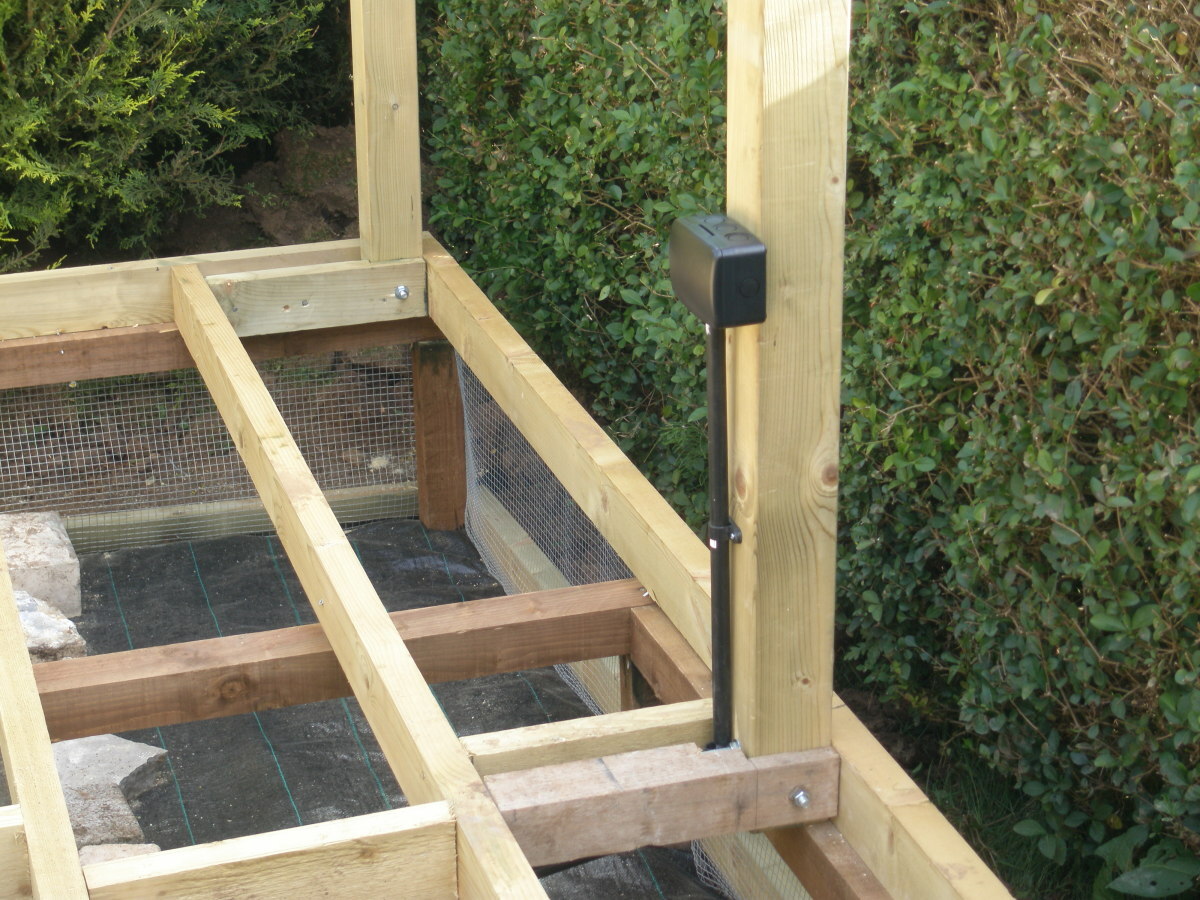
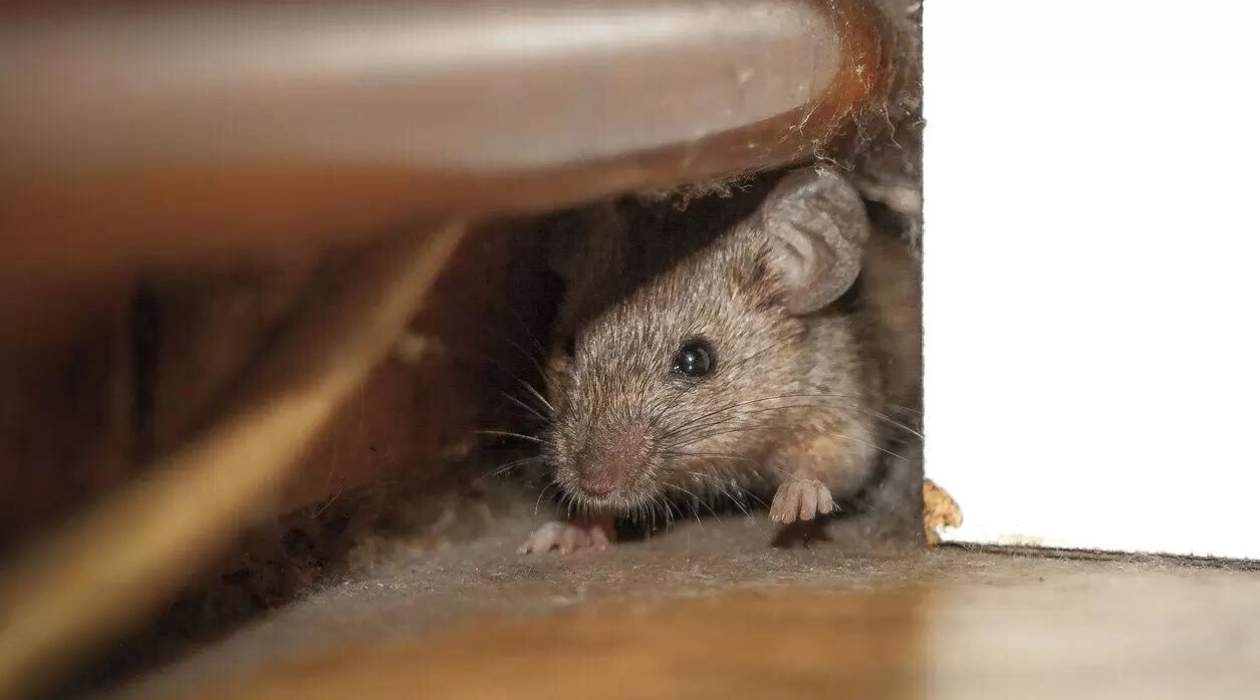
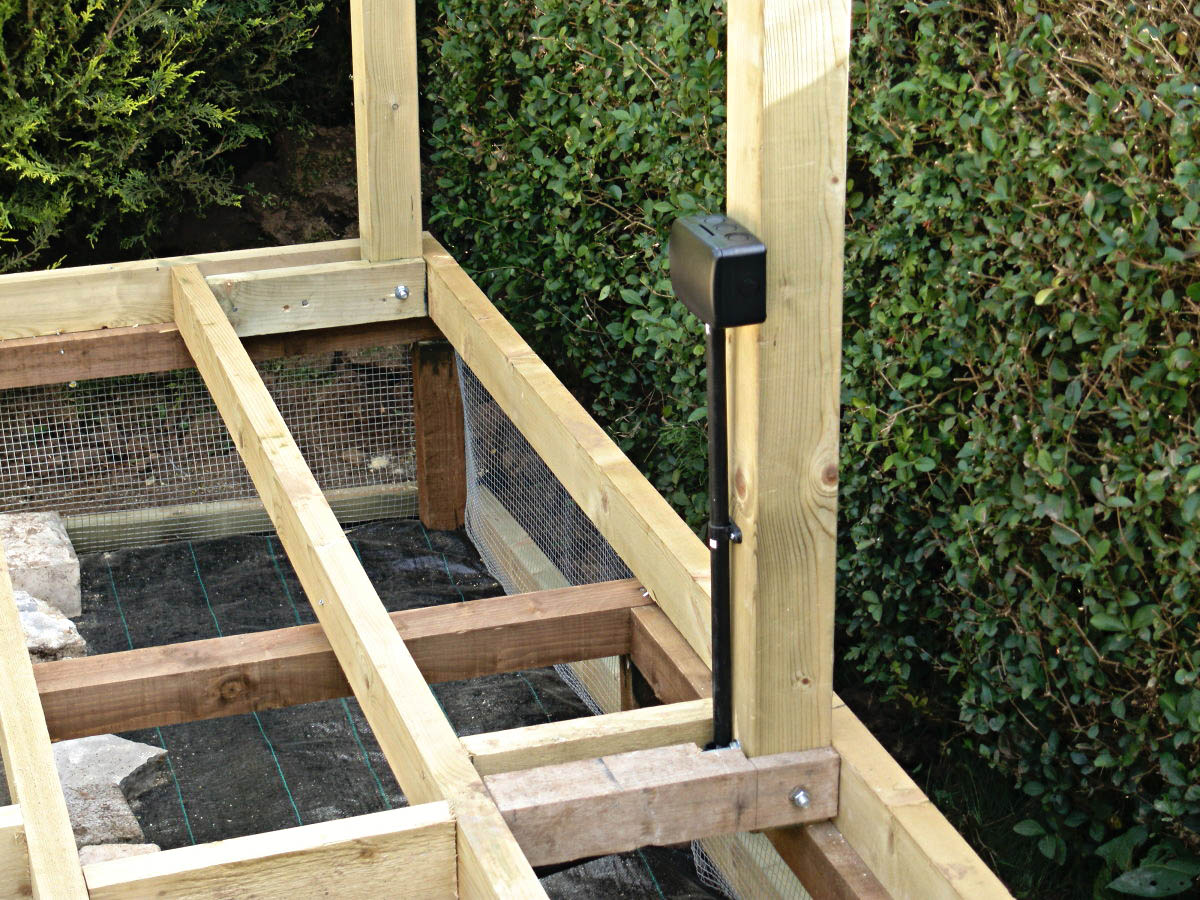
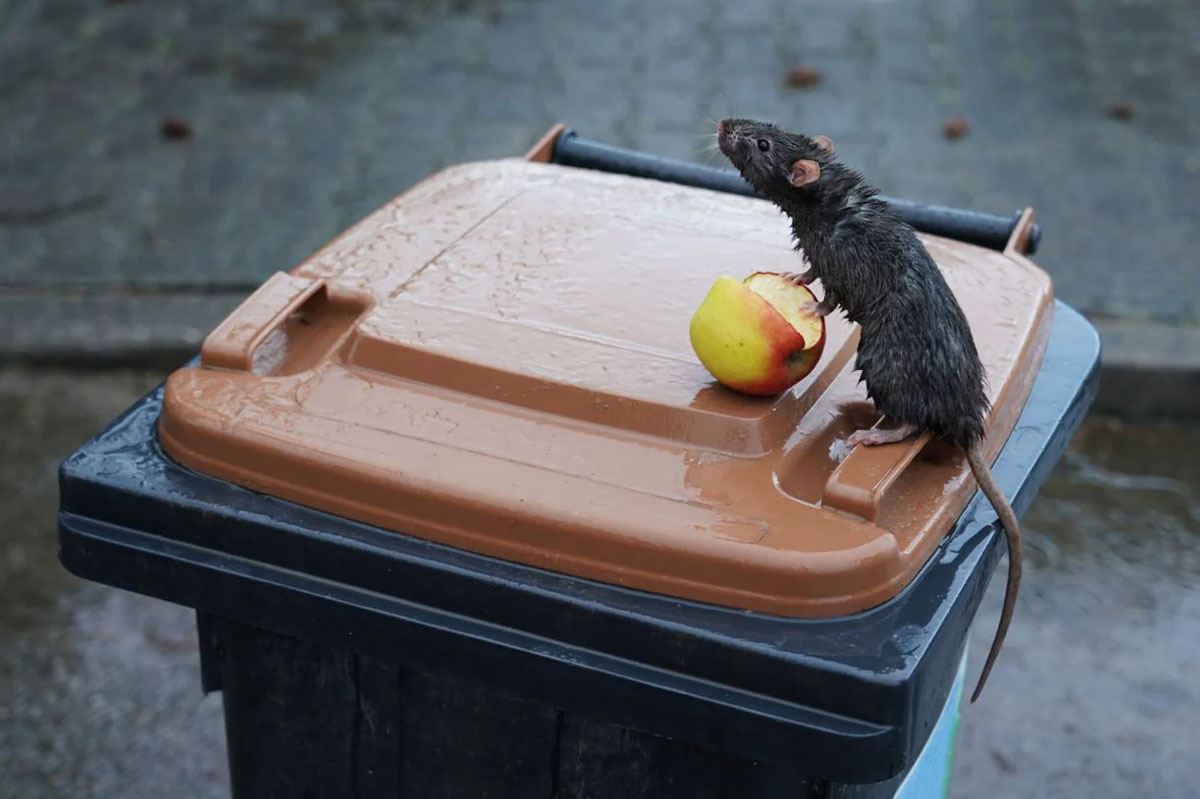
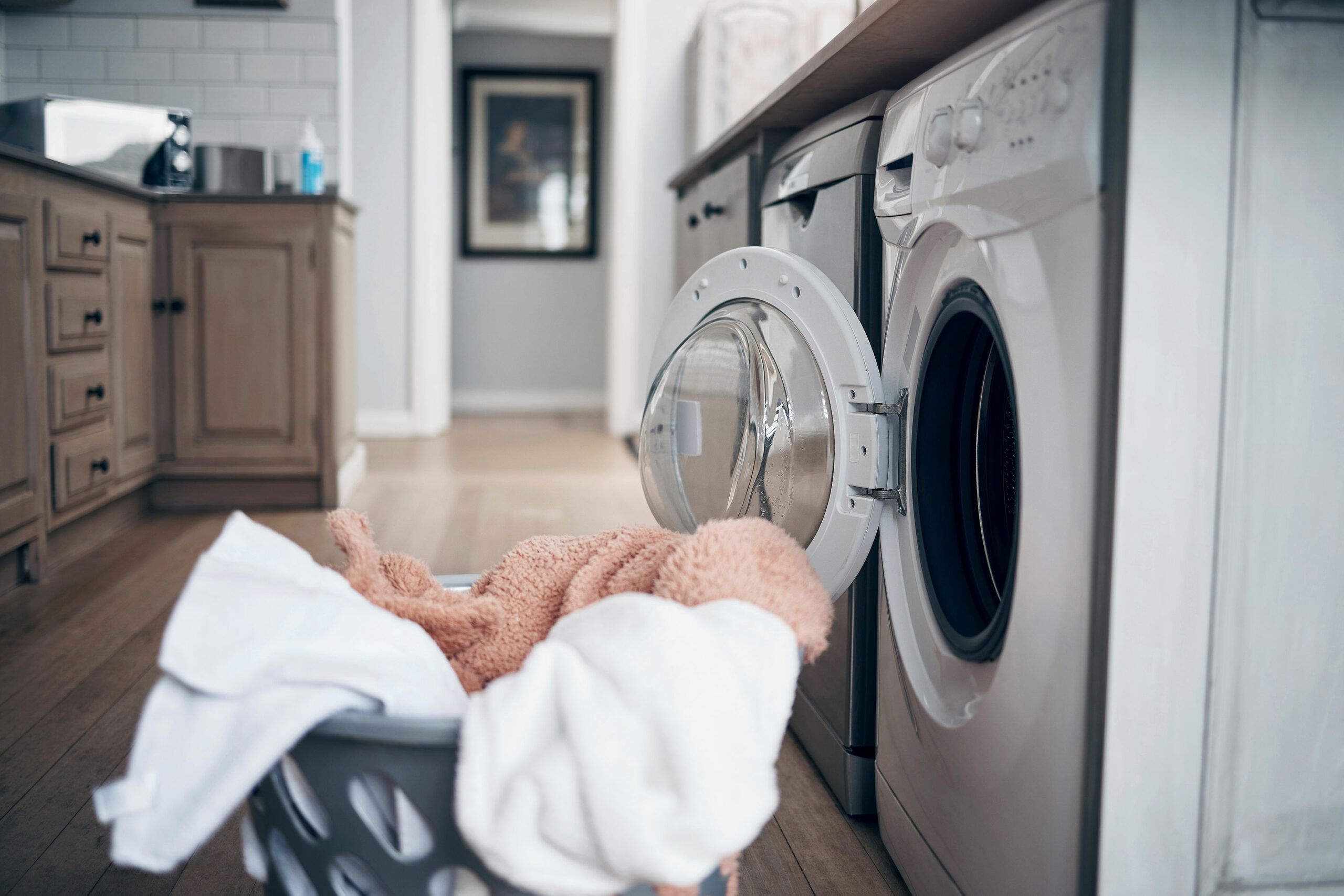
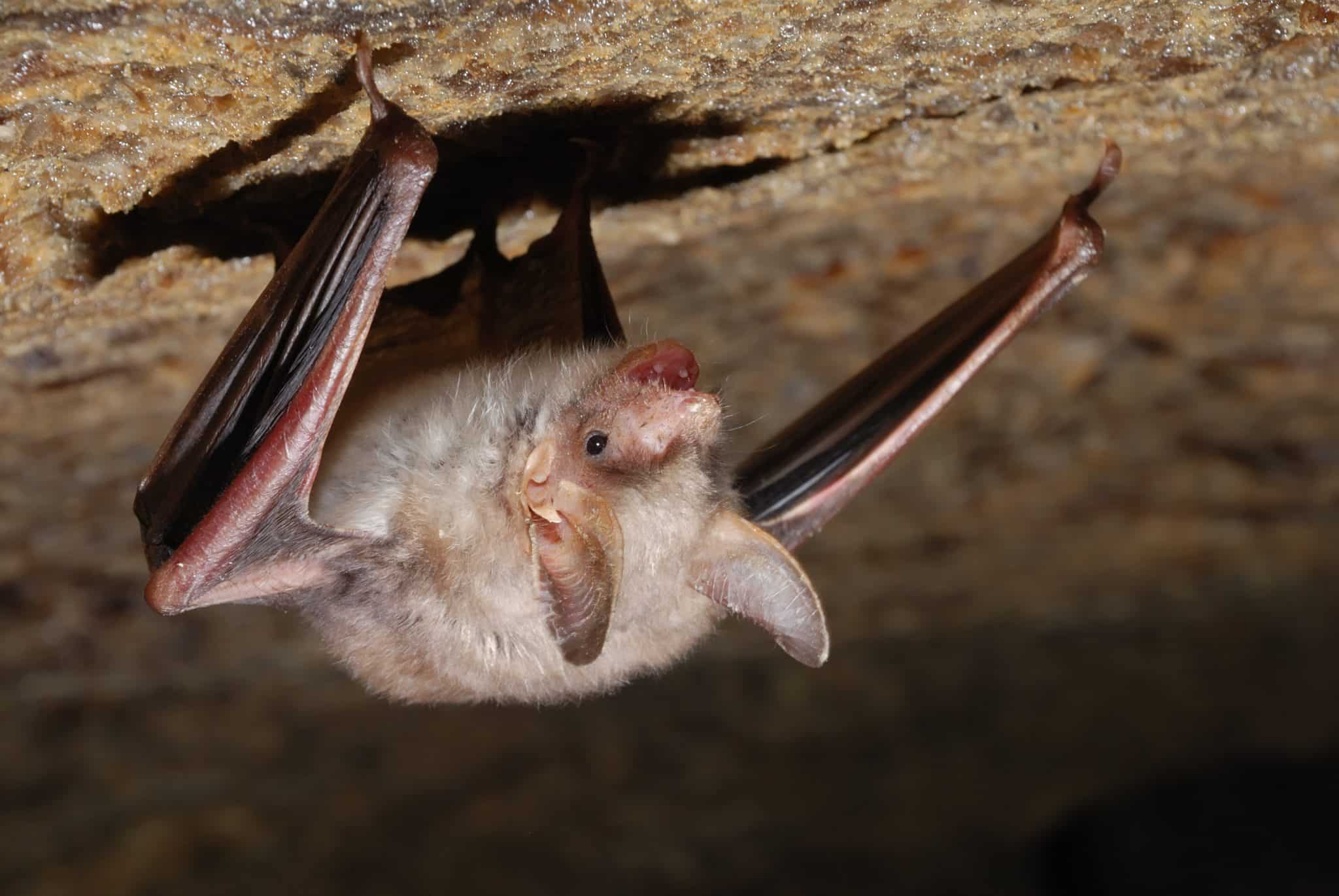
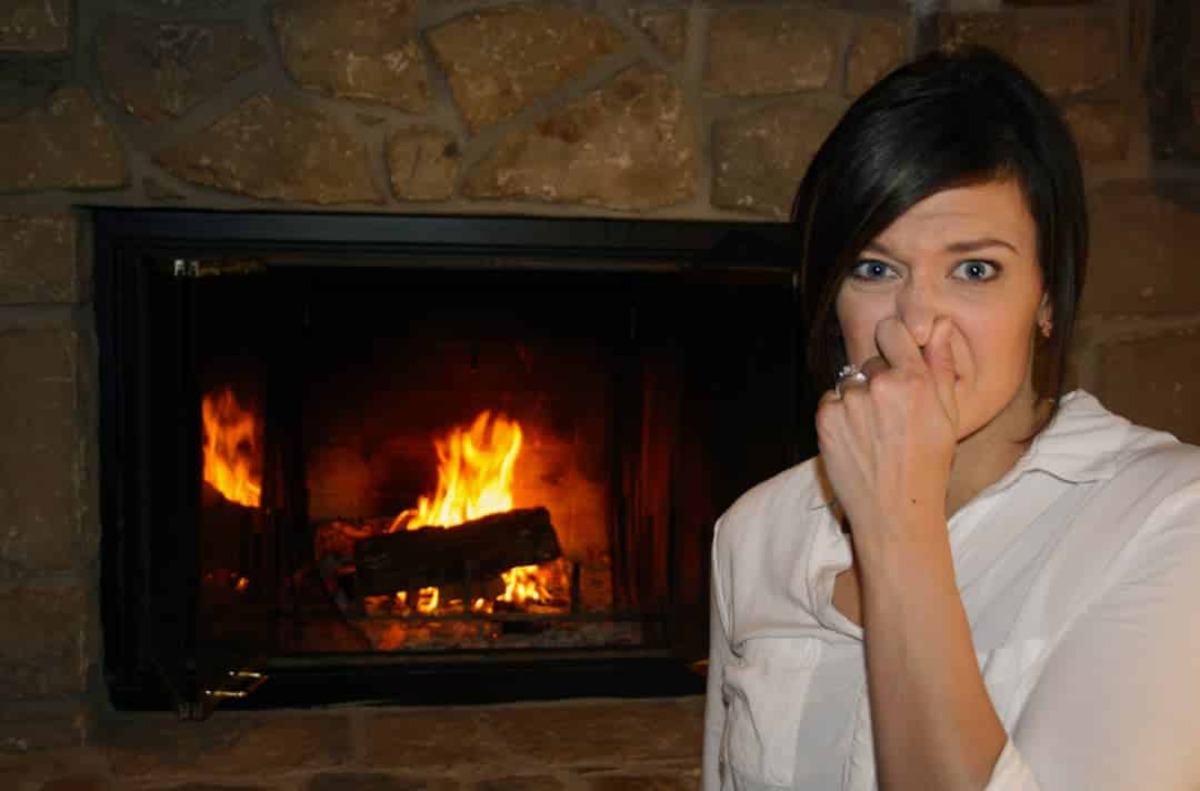
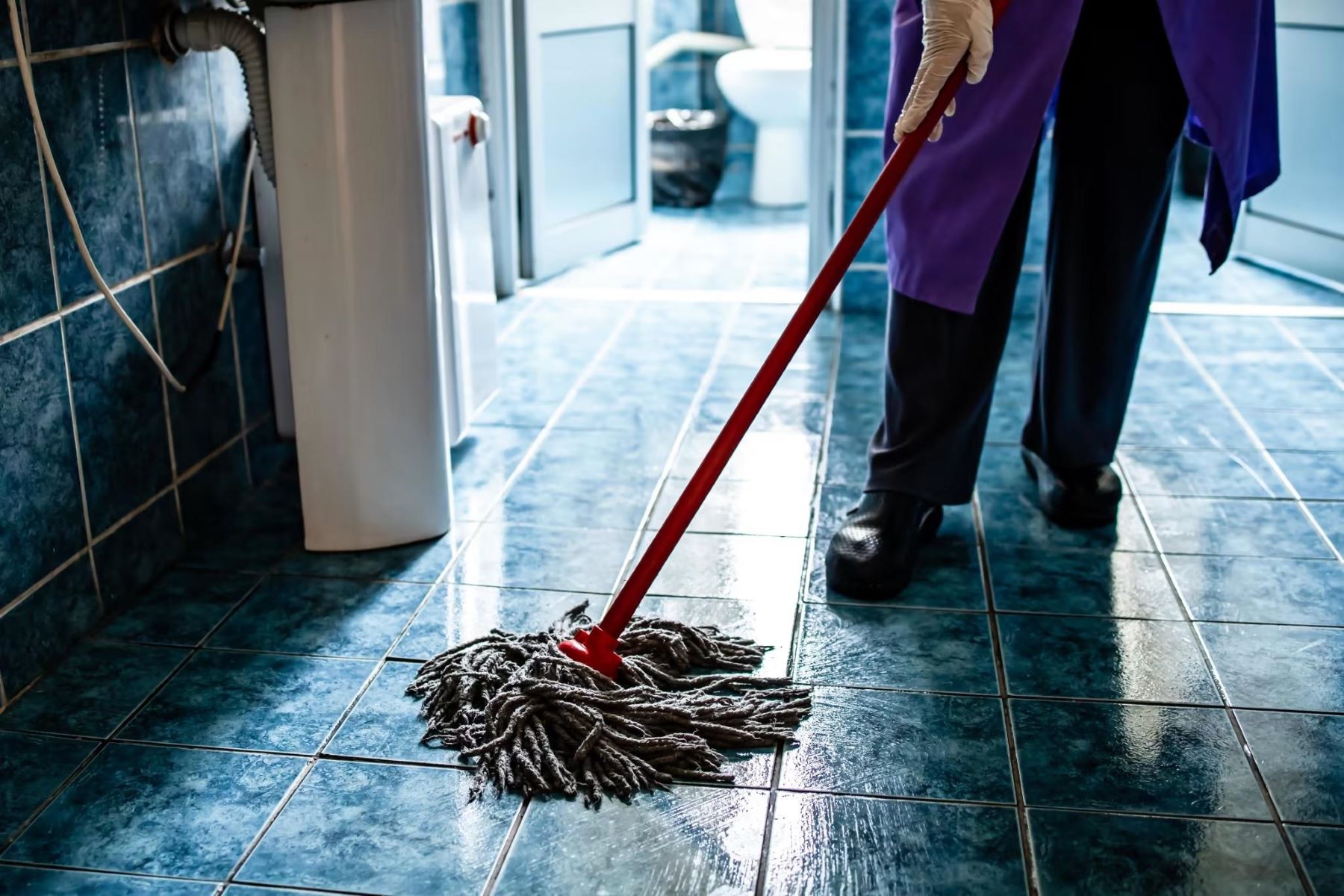
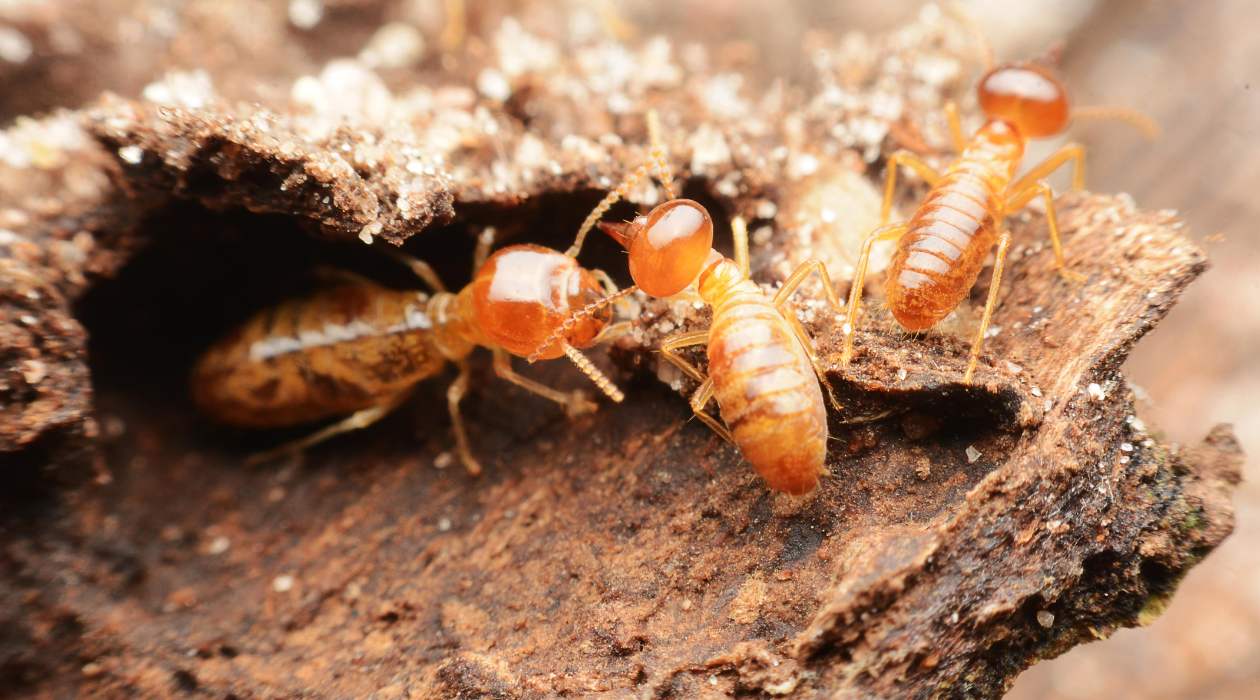

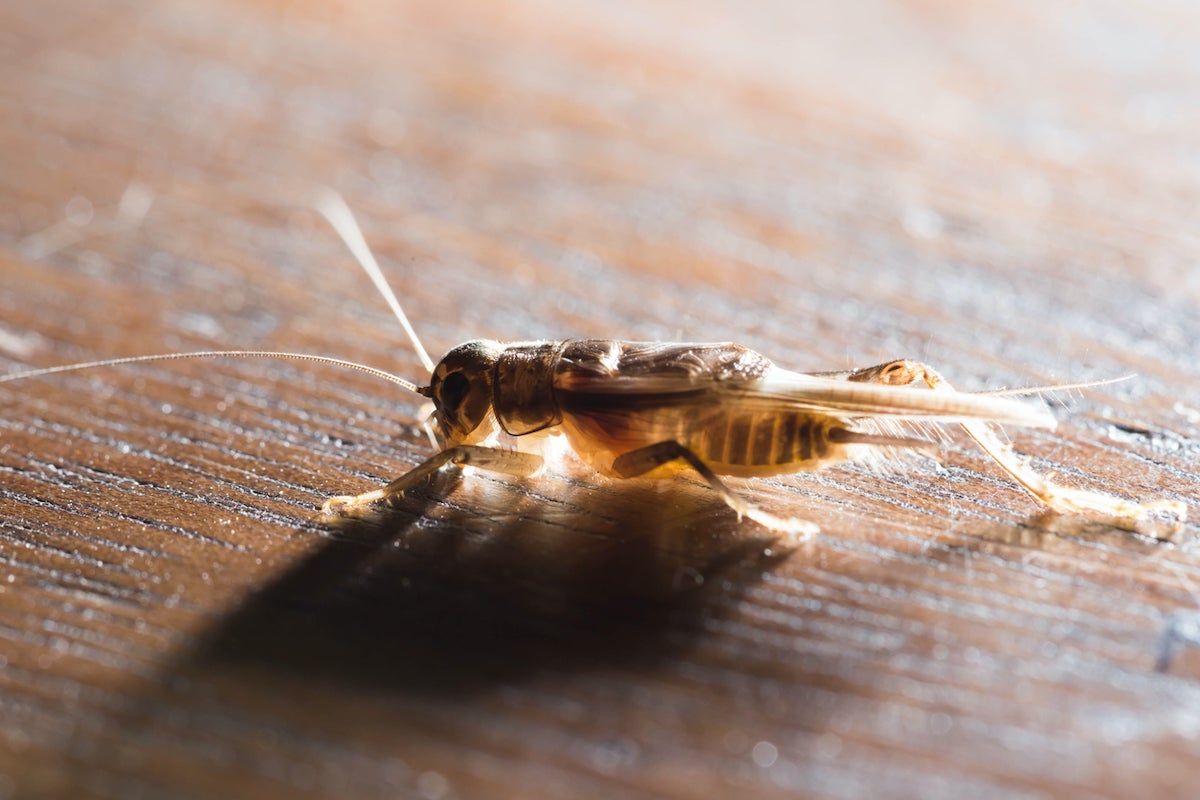
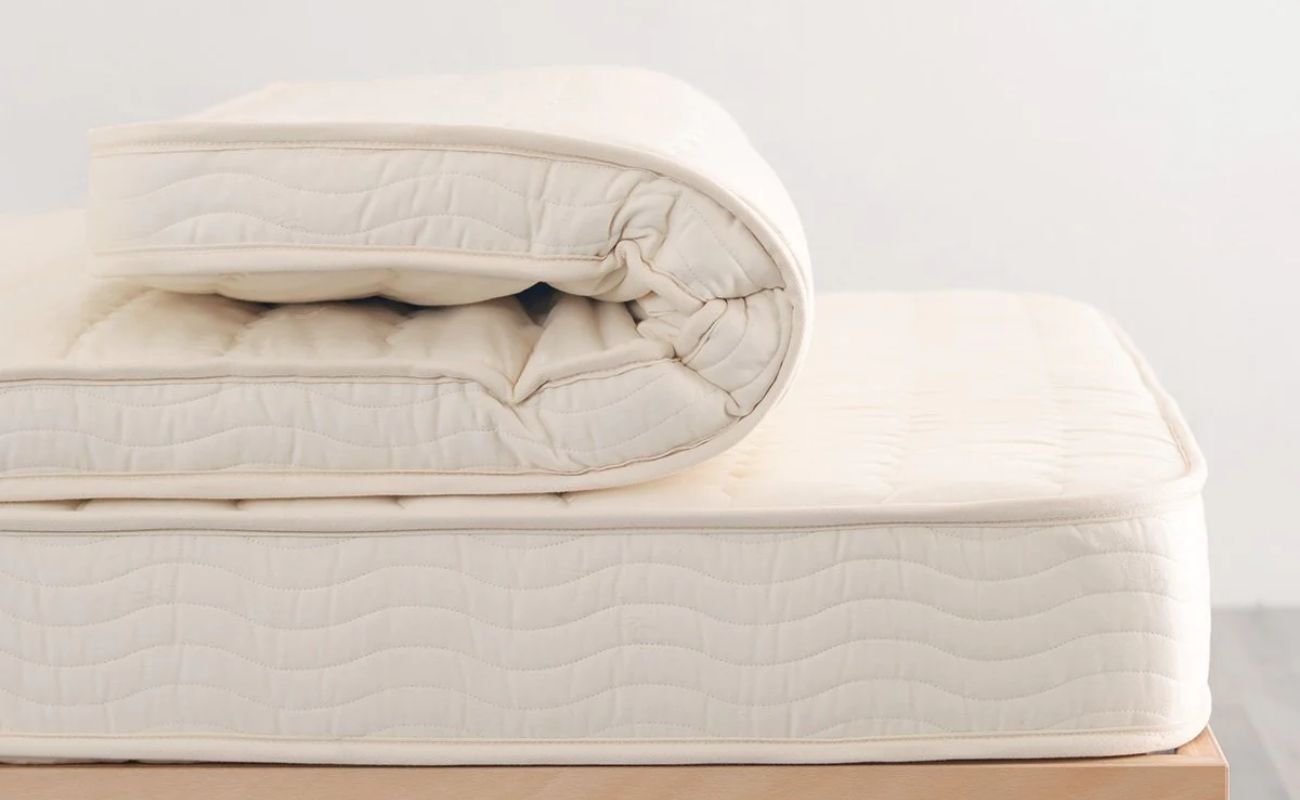
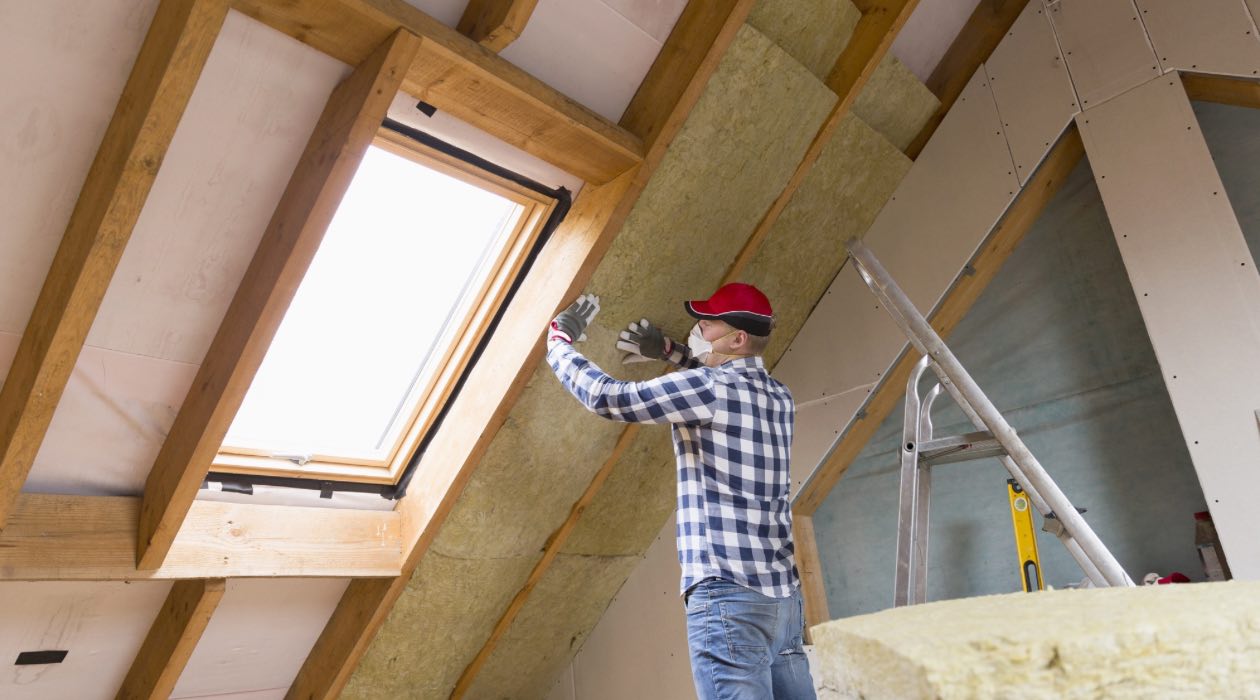

0 thoughts on “How To Get Rid Of Rat Smell In The Attic”